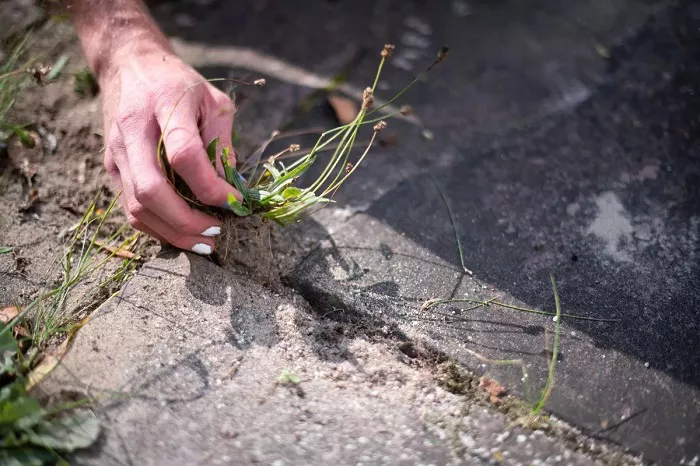A summer garden can be quickly ruined by an overgrowth of weeds. However, experts from Fine Gardening have offered a simple solution to this problem.
Common weeds in the UK include dandelions, daisies, buttercups, and spiky milk thistles. While some of these plants may not be unsightly and might even be welcome in certain parts of the garden, gardeners should be aware of how fast they can spread.
Weeds pose several major problems. Firstly, they tend to leach nutrients from the soil, leaving less for other plants, including grass. This can result in sparse patches in the garden. Secondly, weeds can cause structural damage. They often grow in between pavement stones, crack paving slabs, and damage drains.
Moreover, dense weed growth provides a perfect environment for pests. It offers ample shelter for bugs like aphids and mealybugs, which can damage other plants.
Getting rid of weeds can be challenging as they have deep roots that make them difficult to remove. While pesticides might seem like an attractive option, they often contain chemicals that can harm surrounding wildlife.
Instead, Fine Gardening recommends a natural alternative. If weeds cannot be pulled out, simply chopping off their heads can help. For annual weeds, deadheading can delay the “seed rain” for a few weeks. For perennial weeds, like bindweed, cutting back the tops reduces reseeding and forces them to use up food reserves and exhaust their supply of root buds, thus limiting their spread.
If these methods do not work, another natural solution is to use washing-up powder. It contains a chemical called boron, which is toxic to weeds. However, gardeners should be careful to apply it only to the weeds they wish to eliminate to avoid harming surrounding plants.


